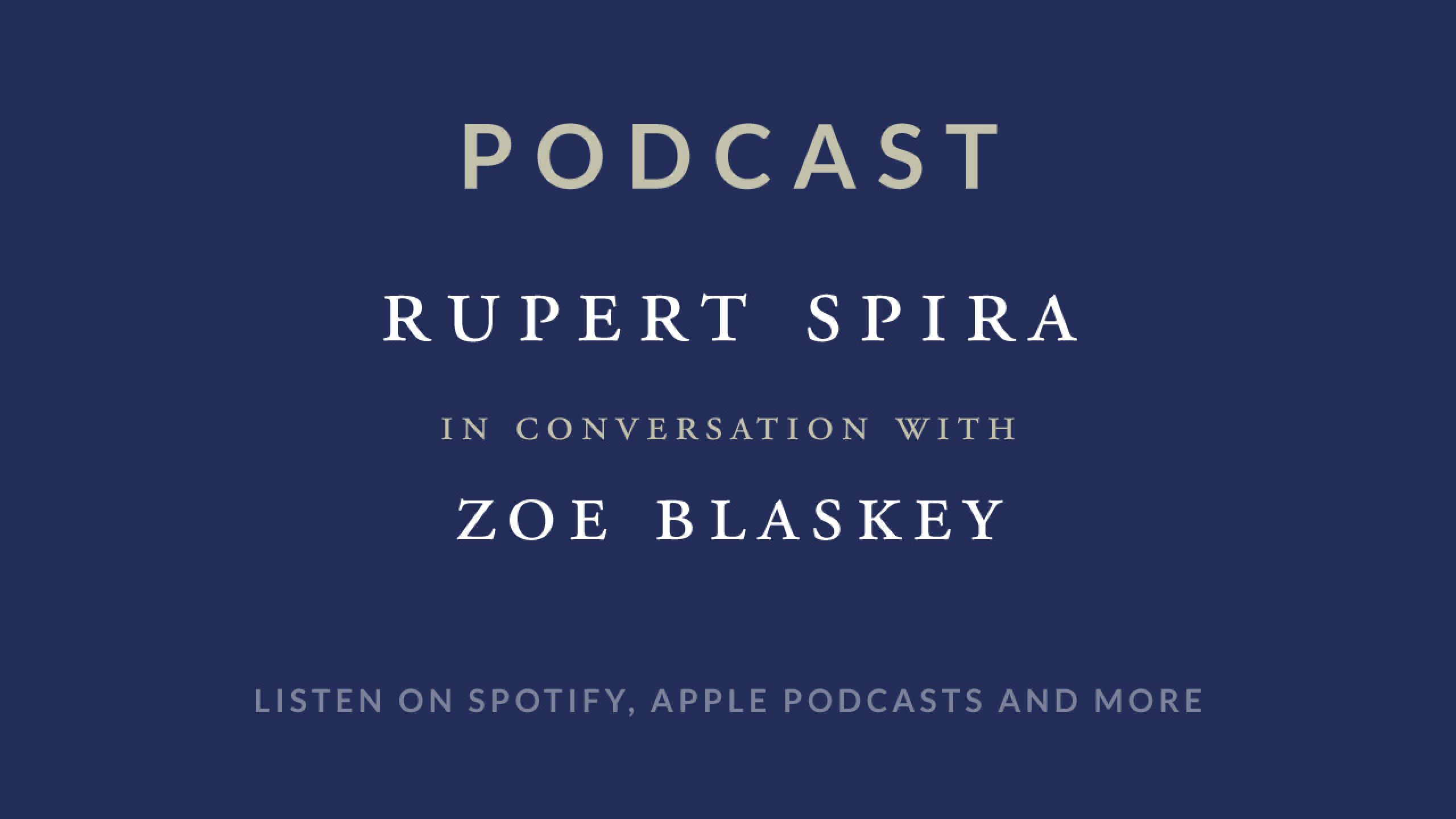She begins her conversation with Rupert by saying that she sees so many stressed and overwhelmed mothers, and that she would love this conversation to help them find a bit more peace and joy.
His immediate response is to point Zoe towards that which lies behind the stress and anxiety. The great secret of life, he says, is to recognise that the I-who-is-aware – the background to all our thoughts and feelings – is always present and always peaceful.
If we could first see this truth of our being and then make contact with it – even very briefly, say, a few times in the midst of a busy day – that would actually be a huge step and would have a profound effect on how we relate to the demands of being a parent. We would be ‘stepping out of the drama of our experience into the peace of awareness’.
According to Zoe, so many mothers are striving to find moments of peace, to overcome their own perceived shortcomings and failures, and to be good role models for their children. Rupert points out that striving to be peaceful is a contradiction in terms! You don’t have to make yourself a better person, change your anxiety or rid yourself of what you call your imperfections in order to find peace. In fact, not only would any of that be unnecessary, it would be impossible to achieve.
Furthermore, if we have the attitude that something about us is required to change, then not only will we be modelling that to our children, who are extremely sensitive to the way we are, but we will also be imposing on them our sense that some aspects of ourselves, our emotions, are unacceptable. If we see imperfections in ourselves, we will always see them in others. If we think we’ve failed in some way, that equates to seeing failure in others.
So we must recognise our conditioning for what it is, weather in the sky. Sometimes very stormy and painful, but the sky always remains unaffected. We begin by not distracting ourselves from uncomfortable feelings or having any attitude towards them other than allowing them to be there. For many of us, that is already an intense challenge, to turn towards and even befriend our anxieties. Then we ask ourselves: ‘Who am I really? Am I all these emotions?’
It is liberating when we see that it is not the circumstances, our own childhood traumas, our relationships, or even our children right now that are making us unhappy – or happy, for that matter – but that we are mistakenly investing our happiness or unhappiness in them. If we invest our happiness in our children, we are also giving them the power to make us unhappy, which is a recipe for disaster. We should all be taught early in life that no person, object or substance has the power to make us happy.
Towards the end, Zoe asks what is the one gift Rupert would want to give to all mothers in the world? He replies that it would be ‘access to our being, which lies behind the content of our experience’, and he recites a poem he wrote for children, called ‘I Am Always I’, which ends with the lines:
I’m not always right, but I do what I can
I may not be perfect, but I am what I am
Everything changes, so what can I be?
I cannot be anything, but I am always me
LISTEN TO FULL EPISODE: Spotify, Apple, Libsyn or Podbean
WATCH FULL VIDEO BELOW:

